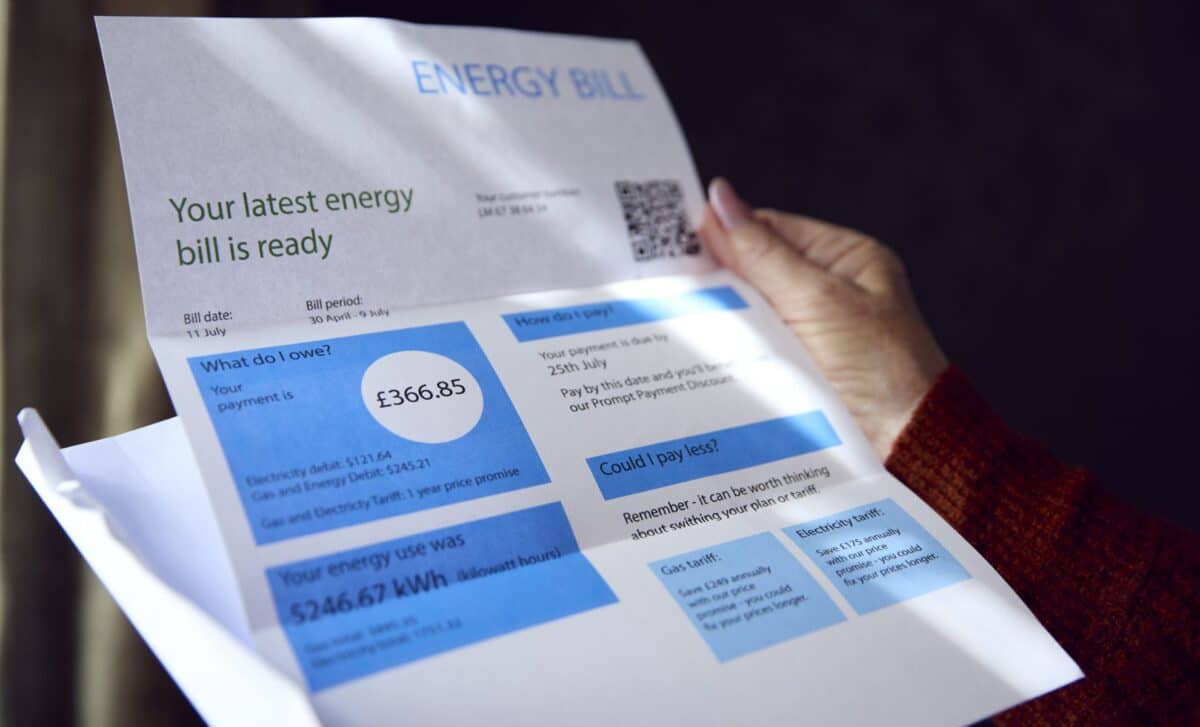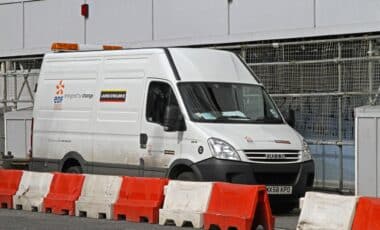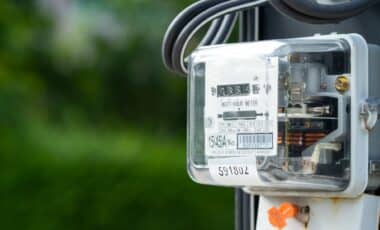Despite falling wholesale costs, British households remain at risk of a renewed energy crisis. With energy debt levels rising and price caps lifted again, support schemes fall short, says Parliament’s spending watchdog.
UK households continue to face high energy costs with limited protection against potential future shocks, according to a report by the Public Accounts Committee (PAC).
The committee warns that the government has not introduced long-term safeguards, leaving millions vulnerable should another crisis occur.
While the government has pointed to renewable energy development as a solution, MPs argue that delays in policy reform and uneven support measures are exposing consumers to ongoing financial pressure. The energy price cap is due to rise again, adding further strain to household budgets.
Government reliance on renewables leaves gaps in immediate protection
According to the PAC, the UK government has failed to introduce lasting mechanisms to shield consumers from energy market volatility. The watchdog highlights that the reliance on long-term renewable energy investment, while promising for the future, does not address short-term affordability challenges.
Geoffrey Clifton-Brown, chair of the PAC, stated that “volatility is the new normal”, citing geopolitical instability and growing global energy demand as persistent risks.
The UK continues to experience some of the highest household electricity bills globally. A recent increase of 6.4% in the energy price cap will raise the average annual household bill to £1,849.
This figure is still roughly £600 higher than pre-2022 levels, following the surge caused by Russia’s invasion of Ukraine. The International Energy Agency confirms that UK consumers face internationally elevated electricity prices.
Although the government has pledged to meet 95% of electricity demand with carbon-free sources, the PAC stresses this is not a substitute for immediate protection. Existing schemes such as the Warm Home Discount and previous £400 universal rebates have been criticised for failing to target those in greatest need, while also extending benefits to wealthier households.
Rising energy debt and stalled reforms compound household strain
The PAC report outlines a sharp rise in energy-related debt, which reached £3.7 billion last year—more than double the £1.8 billion recorded in 2021.
The number of households in fuel poverty surged by an estimated 238,000 during the height of the crisis. Despite this, the committee notes that support and guidance from energy suppliers remains inconsistent and often insufficient for vulnerable consumers.
Policy initiatives aimed at reducing bills—such as adjusting levies or promoting off-peak usage—have stalled. Clifton-Brown warned that a repeat of the £44 billion government support package would be unsustainable, calling instead for “targeted and effective” relief. He added that future assistance must prioritise low-income households and avoid “beaming out” funds indiscriminately.
A spokesperson for the Department for Energy Security and Net Zero responded by reiterating the government’s commitment to reducing bills through energy efficiency investments and extending support to an additional 3 million homes next winter.









